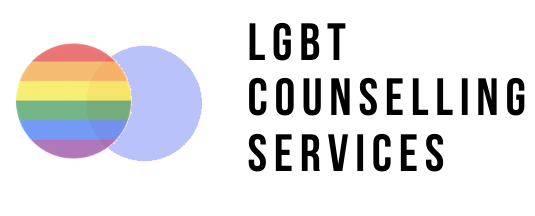Gay Couples Therapy: 7 Relationship Challenges LGBTQ+ Partners Face — And How to Overcome Them
Gay relationships are beautiful, complex, and often shaped by experiences that heterosexual couples simply don’t encounter. While every couple struggles at times, gay partners frequently carry additional layers such as identity pressure, family rejection, internalised homophobia or Heternormative expectations. These unique challenges deserve tailored support — not generic advice.
Here are seven common challenges gay couples face, along with therapeutic guidance to help you strengthen your relationship, reconnect emotionally, and build long-term resilience.
1. Communication Patterns Influenced by Shame or Fear of Conflict
Many gay men grew up navigating environments where open emotional expression wasn’t safe. This history often appears in relationships as either emotional shut-down, conflict avoidance, or over-explaining to avoid rejection.
Therapeutic work helps couples build emotional safety, develop confidence in expressing needs, and practice conflict repair techniques.
2. Mismatched Sexual Needs & the Impact of Social Messaging
Gay men are often exposed to strong cultural narratives about sex: that it should be frequent, adventurous, and constantly exciting. Real relationships don’t work like that, and partners may feel inadequate or pressured. Couples therapy helps explore desire, clarify boundaries, normalise cycles of libido and guide couples into more fulfilling intimacy.
3. Trust Issues After Infidelity
Infidelity is not “more common in gay couples” — it is simply more openly discussed due to community norms around monogamy, open relationships, and sexual fluidity. Therapy helps rebuild trust, clarify agreements and restore emotional closeness.
4. Internalised Homophobia & How It Affects Commitment
Even partners who are fully “out and proud” may hold subconscious beliefs about worthiness, masculinity or stability. This can lead to distancing behaviours, jealousy or fear of long-term commitment. Therapy helps dismantle these beliefs and strengthen secure attachment.
5. Coming Out Differences Between Partners
One partner may be fully out, while the other still struggles with visibility. This difference can create tension around friends, family events, holidays or even posting photos online. Couples therapy helps find balanced solutions where both partners feel respected.
6. External Pressures — Family, Religion, Culture, Community Expectations
Gay couples often face subtle or explicit pressure from family systems or cultural environments that were not built with queer relationships in mind. Therapy provides space to explore boundaries, communication strategies, and coping skills.
7. Building a Relationship Without Traditional Roadmaps
Heterosexual couples have predefined milestones (marriage → house → kids). Gay couples must often create their own rules, identity roles and relational structures. This is empowering, but also confusing. Therapy helps couples understand what structure best supports their connection.
Final Thoughts
Gay couples deserve relationship support that understands their lived reality. Specialist therapy creates space for honesty, intimacy, emotional safety and long-term love.
How To Contact Us
You may reach us via phone, text, WhatsApp, email, or by completing the form below.
Phone / WhatsApp: (+44) 07594 970537
Email: hello@lgbtcounsellingservices.co.uk
LGBT Couples Therapy is part of LGBT Counselling Services, providing professional, inclusive online therapy and counselling for LGBT couples across the UK.



